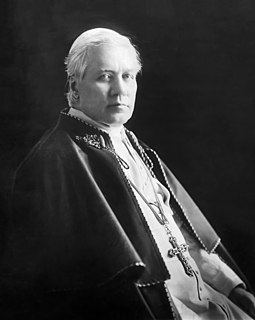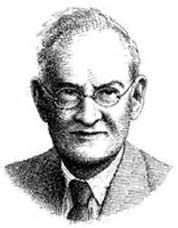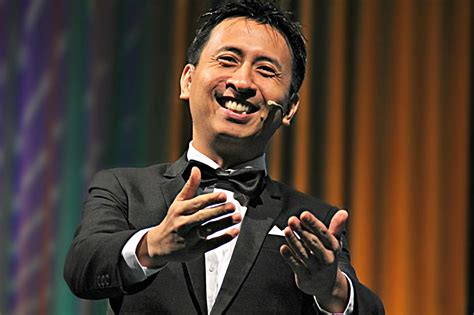A Quote by Patrick Rothfuss
I was pretty poor for a long time. Not *poor* poor. But college student poor. I lived for most of my adult life living on student wages, then after I got my MA and started teaching, I lived on teacher's wages, which isn't much better.
Related Quotes
Poverty assumes so many aspects here in India. There aren't only the poor that you see in the cities, there are the poor among the tribes, the poor who live in the forest, the poor who live on the mountains. Should we ignore them as long as the poor in the cities are better off? And better off with reference to what? To what people wanted ten years ago? Then it seemed like so much. Today it's no longer so much.
Over the years, as I lived in low-income housing, collected government assistance, and lived well under the poverty level as I put myself through college, the comments people made about poor people started to sting. The poor are dirty. Hoarders. Their houses are a mess. Their kids are wild, untamed, and feral-looking.
When you live in a poor neighborhood, you are living in an area where you have poor schools. When you have poor schools, you have poor teachers. When you have poor teachers, you get a poor education. When you get a poor education, you can only work in a poor-paying job. And that poor-paying job enables you to live again in a poor neighborhood. So, it's a very vicious cycle.
It is easy to say that there are the rich and the poor, and so something should be done. But in history, there are always the rich and the poor. If the poor were not as poor, we would still call them the poor. I mean, whoever has less can be called the poor. You will always have the 10% that have less and the 10% that have the most.
I never thought, when I was a kid, that there was a sense of competition or animosity towards poor blacks. I just thought there was a recognition that they lived differently - they primarily lived on the other side of town. And we're both poor, but that's kind of it. There wasn't much explicit statement of kinship or of the lack of kinship.






































